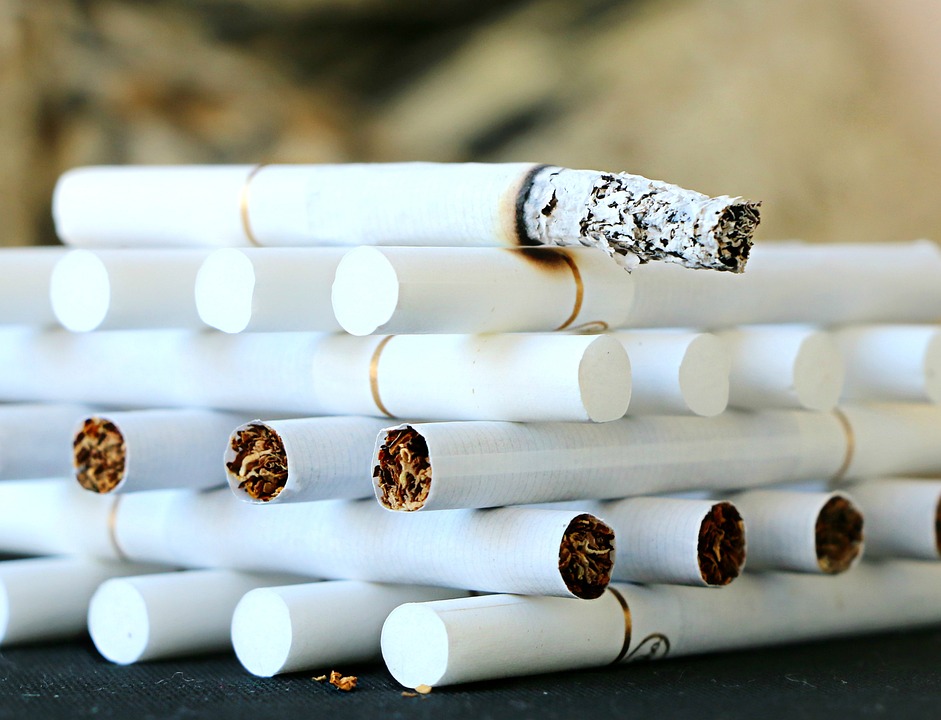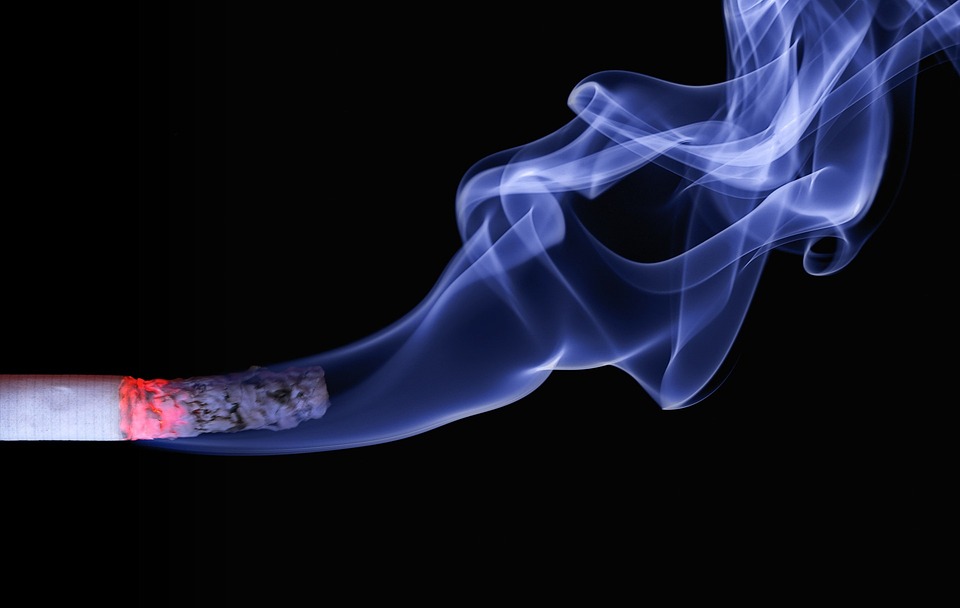Everyone now knows that smoking is unhealthy. Not only do cigarettes contain tar, nicotine, carbon monoxide, and other harmful substances, but smoking is also highly addictive. But what actually happens in your body when you quit smoking?
First, you should know what harmful substances do to your body. Two out of three people who smoke for the first time quickly become addicted. This is due to a substance called nicotine. Even if they don’t want to smoke, they have to light up another cigarette to compensate for the lack of nicotine in their blood. This deficiency occurs after 30 minutes or an hour. You will feel stress, hunger, and discomfort when nicotine is deficient. Lighting a cigarette immediately extinguishes this unpleasant sensation. This is what makes the reward all the more rewarding. A cup of coffee? Add a cigarette. Waiting for the bus? Smoke a cigarette.
Burning tobacco produces tar. In rooms where people smoke a lot, brown deposits can be seen on curtains and wallpaper. Tar contains over 60 different carcinogens! It accumulates in the lungs and throughout the body. As a result, the toxins have a longer time to act on cells and can cause cancer in almost all organs. Examples include the lungs, bladder, pancreas, esophagus, and liver. In addition, more than one in five tar smokers suffer from chronic bronchitis or emphysema, COPD’.
Benefits of Quitting Smoking
After 20 minutes
After 20 minutes or more after putting out a cigarette, your blood pressure and heart rate will drop. Air enters the bronchi through the trachea, both of which are connected to the lungs. At this point, the first effects have already taken place.
After 24 hours
The great cleansing of the lungs has begun! You are probably coughing up phlegm. At this time, all carbon monoxide has also been expelled from the body.
What you need to know: carbon monoxide binds to hemoglobin in red blood cells with 200 times more force than oxygen. In this way, carbon monoxide replaces oxygen in the blood. The combination of nicotine and carbon monoxide significantly increases the risk of myocardial infarction and stroke; if you don’t smoke for 24 hours, carbon monoxide will gradually disappear from your body.
After 48 hours
After 48 hours, all nicotine is eliminated from the body. Smell and taste have improved slightly. Why? Smoking alters chemicals in the body, including the olfactory bulb, which controls the sense of smell and taste. Therefore, smoking cigarettes can dull your sense of smell and taste. When you quit smoking, a hot dinner will soon taste better.
After 72 hours
You haven’t smoked for three days? Then you already have much more energy than before. The cilia in your lungs resume their activity, and mucus and other waste products are more easily expelled. Breathing also becomes easier. This is not surprising considering the toxic substances you ingest after smoking a cigarette.
After 2 weeks
After two weeks of quitting smoking, more significant changes begin to appear. Lung function and blood circulation improve.
After 1 month
After one month, the condition is much improved, and easier to move around. The well-known smoker’s cough will gradually disappear.
After 1 year
The risk of cardiovascular disease has been halved. The risk of all other types of conditions will continue to decrease in the coming years.

After 5 years
Five years without smoking? The risk of stroke is now equal to that of non-smokers.
After 10 years
The increased risk of lung cancer has been halved, and the risk of other cancers, such as bladder, pancreatic, esophageal, and liver cancer, has decreased.
After 15 years
Believe it or not, the risk of cardiovascular disease is only equal to that of non-smokers after 15 years.
Share your thoughts with us in the comments below!


